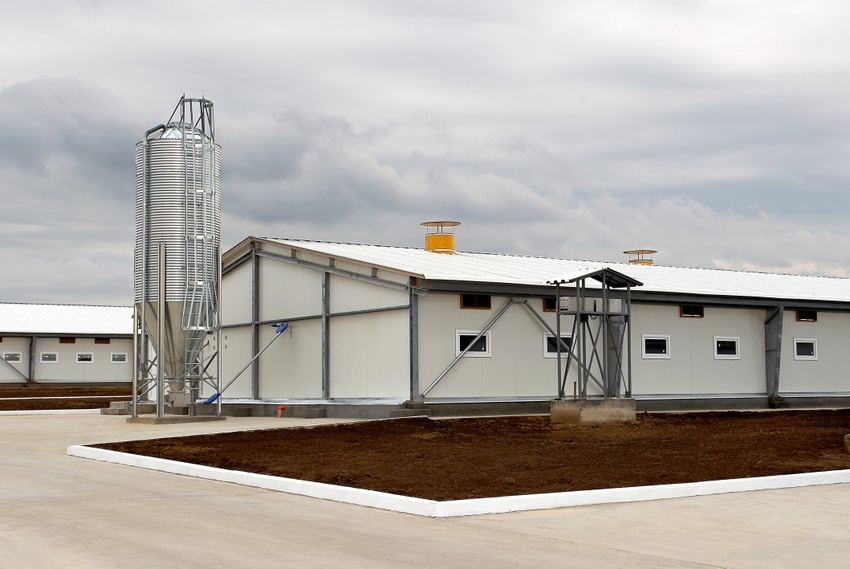Pork industry funds biosecurity project
Project will identify gaps in national pork industry biosecurity, with emphasis on foreign animal diseases like African swine fever.
July 8, 2020

The National Pork Board (NPB) and the Swine Health Information Center (SHIC) are funding a 12-month-long project, in collaboration with the National Pork Producers Council and the American Association of Swine Veterinarians, to identify gaps in U.S. pork industry national biosecurity.
According to the groups, the goal is to prevent entry of foreign animal diseases (FADs) into the U.S. by addressing identified biosecurity gaps.
The National Swine Disease Council, which represents the four swine organizations collectively and provides oversight to the project, awarded EpiX Analytics of Ft. Collins, Colo., with the project following a competitive proposal process, according to the announcement.
The groups noted that the recent spread of African swine fever (ASF) — as well as the distraction of the current COVID-19 pandemic — has served as a stark reminder of protecting the U.S. pork industry from FADs. The economic repercussions of the introduction of FADs into the U.S. are enormous, making it imperative to protect the industry.
NPB chief veterinarian Dave Pyburn said the board “supports the leadership provided by the National Swine Disease Council in making this decision to fund research designed to improve the industry’s biosecurity capabilities. The council, led by producers, is doing a great job in moving quickly to keep important work like this moving forward during this stressful time in the industry.”
In announcing the funding award to EpiX Analytics, SHIC executive director Dr. Paul Sundberg said, “This project will create a rigorous, science- and risk-based foundation for looking at the domestic pork industry. The information developed from this study will help producers protect their industry and continue their worldwide competitiveness. We believe identification and prioritization of biosecurity gaps will not only protect the industry from ASF and other FADs; it may also improve efficiency of production by reducing the impact of endemic swine diseases.”
The project will identify and prioritize biosecurity gaps within the U.S. pork industry and also will provide direction for corrective or additional measures of value. In the process, EpiX Analytics will examine potential mechanisms through which FADs can be introduced and spread and affect the domestic pork industry. It will do so by employing a unique approach that includes:
A risk-based analysis considering both probability and impact;
Building on an established, peer-reviewed and validated framework;
Being grounded in science and evidence, and
Incorporating expertise and data from the U.S. industry.
ASF will be used as a model for other FADs due to the virus’s resiliency as well as the great concern surrounding it in the industry, the groups said. Among the many areas being considered for study are foreign imports, entry of foreign travelers, domestic transportation of animals, common inputs to U.S. production, domestic market channels and others. The outcomes will include details if biosecurity gaps are identified, including data sources and uncertainty in risk estimates.
You May Also Like


.png?width=300&auto=webp&quality=80&disable=upscale)
